
Our Bristol Futures Student Advocates come from every faculty in the university, and are here to support you to grow your skills and become an even better student.
With a few years’ experience under their belts, we asked them to share their top tips for starting uni. Here’s what they said…
Get organised
Check your emails regularly, they often have opportunities and helpful information that is easy to miss. It’s a great way to find out what is going on at the university and to stay in the loop. Natasha, 2nd year History
It is quite daunting to have so many course materials at the start of the term, one thing that I usually do is to download all of the lecture notes, slides, homework, and other important document to the university OneDrive, and then organize it. That way, when you are starting to work on a project / homework, you will have the required material at the tip of your hands! Ryan, 2nd Year Mathematics
Find what works for you
Try and find out what time of the day you have the most energy and motivation to do your work. For example, I know I am most productive in the morning and I am awful at working past 8pm, so I make sure to get up early in the morning to get started on work so I can have my evening off. Others however prefer to work later in the evening and get a rush of energy. Find out what works for you and use it! Breanna, 3rd year Psychology
When starting uni, especially first year, it’s a great time to experiment with different organization and note-taking methods, different ways to approach your learning. It’s a time to try new things and then picking what you like best. This way you’ll build habits that suit you that will stick with you throughout your studies. Martina, 2nd year Biochemistry with Medical Biochemistry
Get to grips with reading and taking notes
When tackling readings, don’t expect to immediately understand it after skim reading it. I’d recommend waiting a while and then writing out the key points you remember the most to find out what stood out to you.
Don’t expect to be able to remember everything from lectures or even understand. Reading around the subject (just bits you don’t know) is normal and don’t spend millions of hours doing.
Give yourself a few weeks (& different methods) of taking lectures/seminars information! But remember different lecturers give information in different ways. I would highly recommend a tablet to take notes on- lighter in weight and I was forever losing notes!
Look after yourself
Eat well, try to get enough sleep, make sure you schedule in time for rest and maybe even exercise. You will be better off for it later in the term! Emily, 3rd year Biomedical Sciences
Whether it is a night out, or watching a film with a friend, make you sure you treat yourself at least once a day by doing something that makes you excited for the next day. Emma, 4th year Veterinary Science
Don’t be afraid to reach out for help, whether it’s about your wellbeing or academics (your Study Skills peers and tutors!) are always there to help. Remember, you are not alone. There are a lot of resources available waiting for you to explore. Anaya, 2nd year Law
Try new things… and have fun!
Try getting involved with as much stuff as possible, whether that is societies, sports, extracurricular classes – say yes to as much as possible and make the most of the opportunities on offer! Jago, 3rd year Maths and Computer Science
Feeling pressured to do well and get good grades come hand-in-hand with starting university for a lot of people, but I can promise you that studying isn’t everything. University is all about learning and experiencing new things, and of course, studying is still important – there’s a lot to learn from books! But lift your head out of those books from time to time, there’s so much more you can learn when you explore and try new things outside of the classroom. Become a volunteer to teach young students, try out that new salsa dancing class, go cycling by the harbourside, these experiences will stay with you for a lifetime so don’t let them go to waste. Since university is all about learning, learn to have fun too! Sabrina, 3rd year Biochemistry
The student experience goes way beyond what is taught in the classroom and in your textbooks, and whilst that should/could be a priority, make sure you are taking advantage of everything else the student life has got to offer whether it’s volunteering, working part-time, joining a society, or a mixed combination of things. There are so many resources at your service, that you can use much or as little as you choose to. That being said, make sure you take plenty of time to rest and look after yourself when needed. Tala, 2nd year Law
Bristol Futures Student Advocates run peer support sessions for students in their faculty. Check out the Study Skills Blackboard page to see what’s coming up.
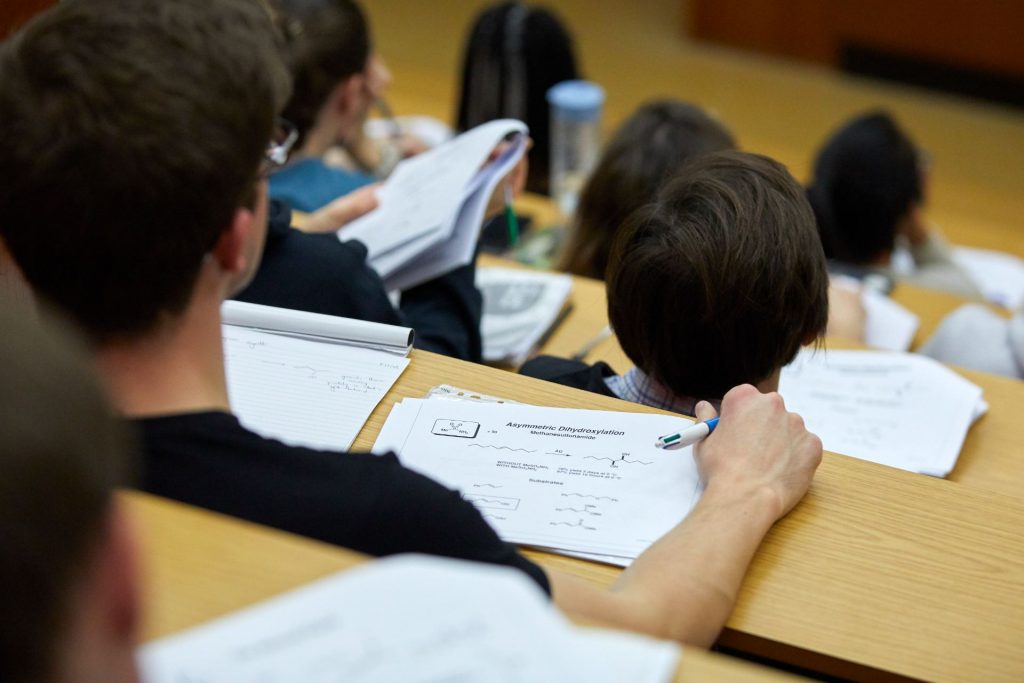

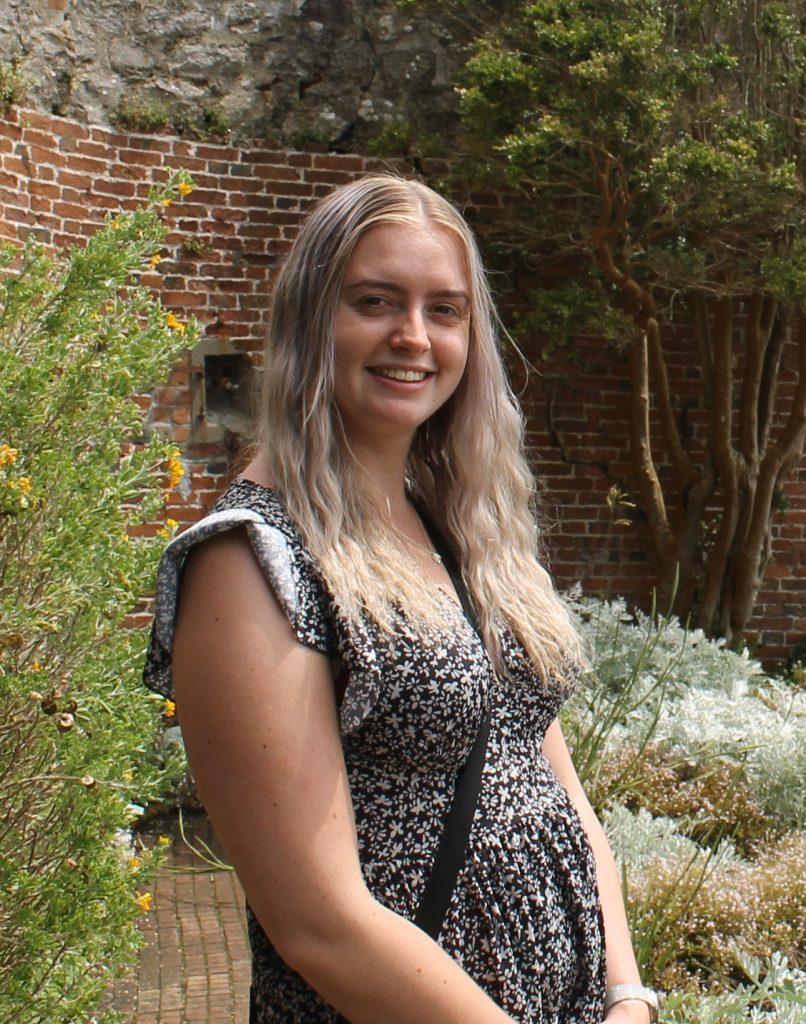
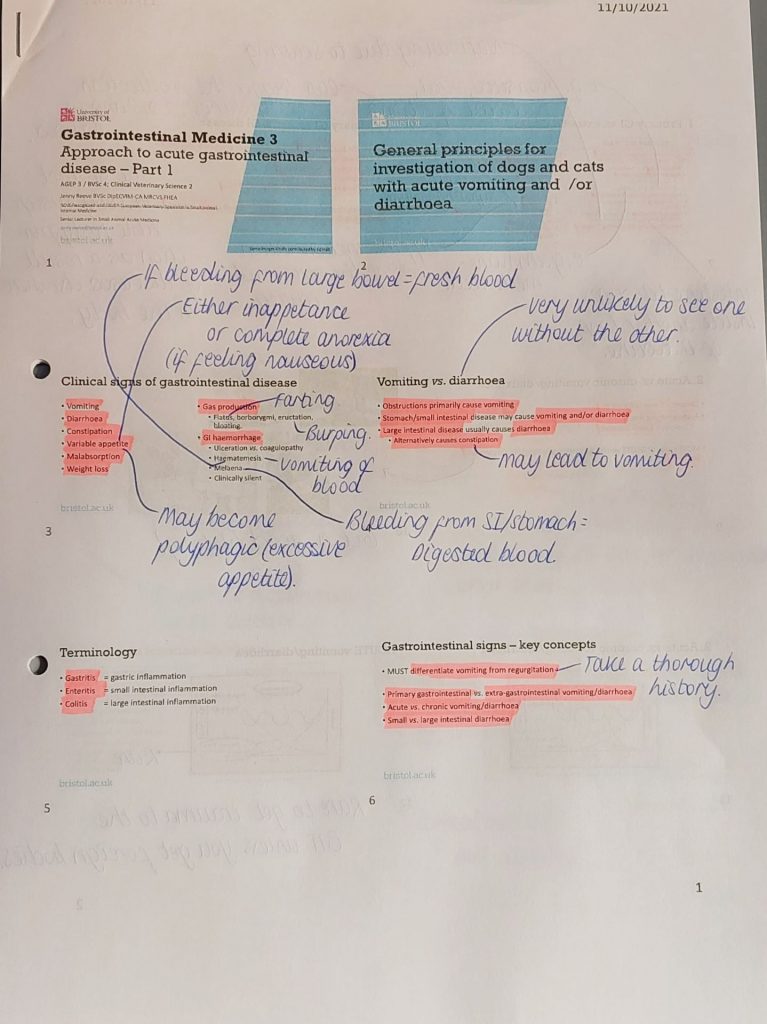
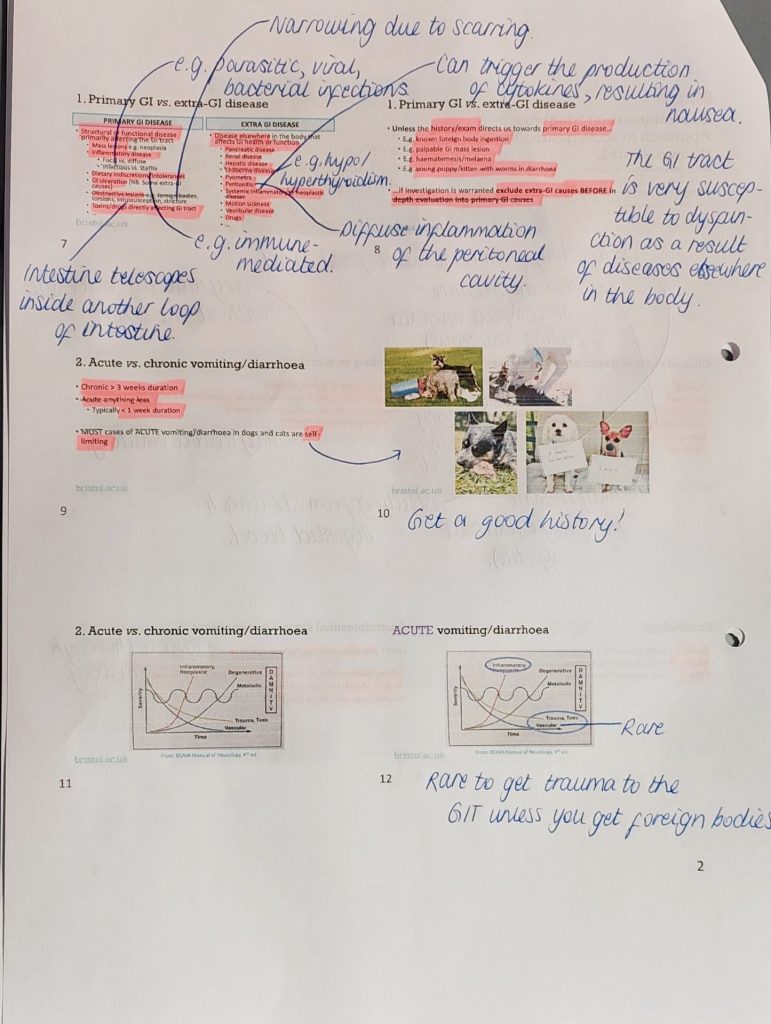
 by Tala Youhana, Law student and Bristol Futures Advocate
by Tala Youhana, Law student and Bristol Futures Advocate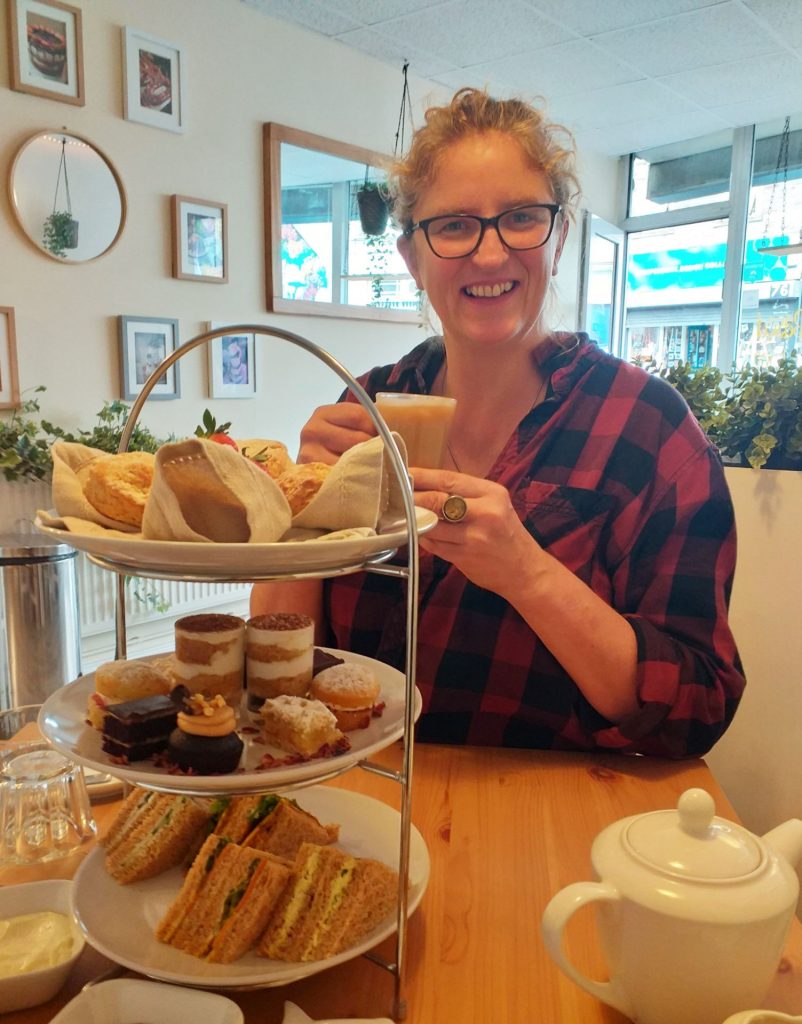
 By Molly Jackson, Translational Health Sciences student and Bristol Futures Advocate
By Molly Jackson, Translational Health Sciences student and Bristol Futures Advocate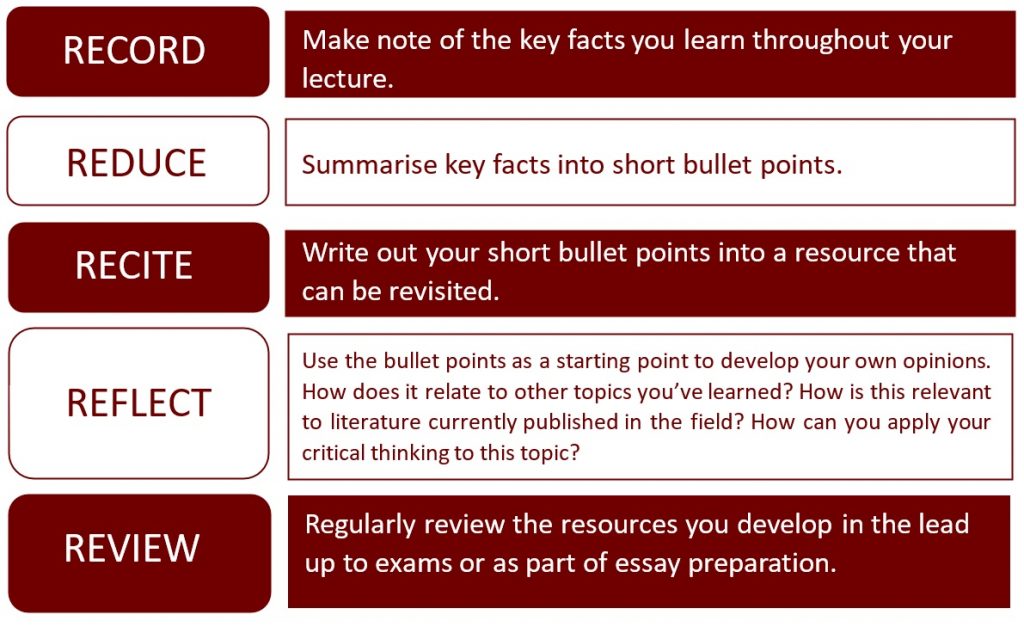
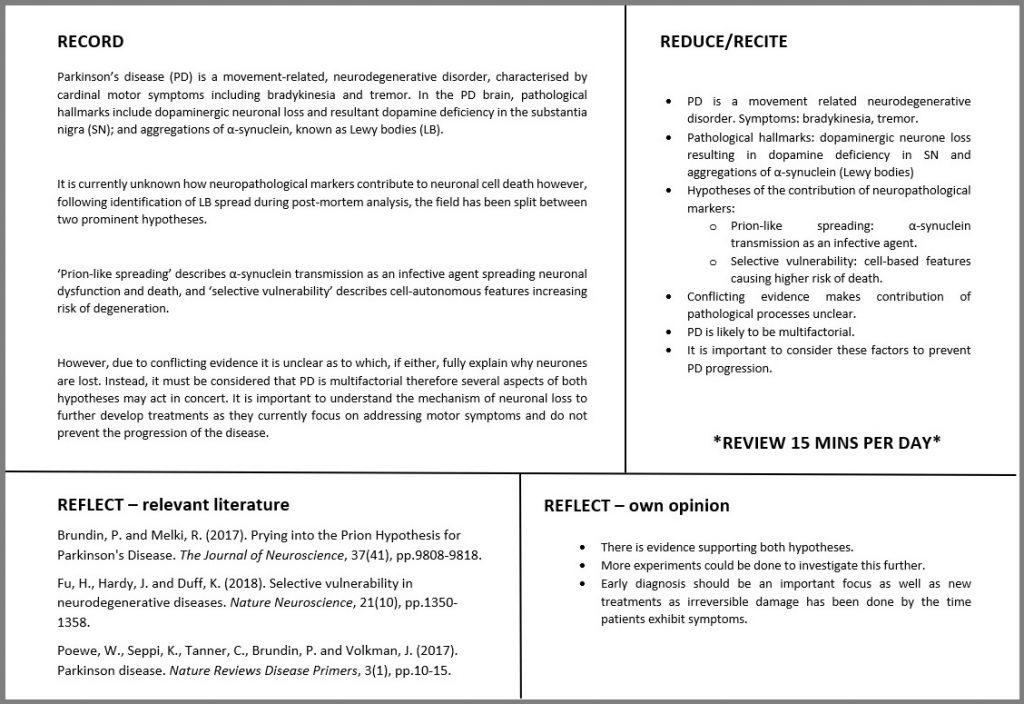

 We asked Iskandar Bin Suhaimi to reflect on his time as a Bristol Futures Student Advocate, promoting Bristol Futures and running peer-led
We asked Iskandar Bin Suhaimi to reflect on his time as a Bristol Futures Student Advocate, promoting Bristol Futures and running peer-led 

